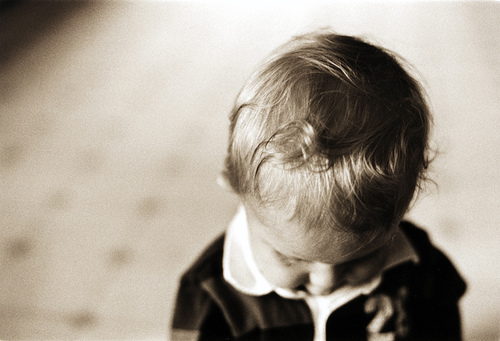Self Esteem is a Must to Have Thing for Every Person!
All the importance on self esteem building in recent years has done little to teach people what to do when they hit a bang in the road. Research shows that our inner critic brought on by age, illness or other inevitable part of life. Recently scientist Paul Gilbert of Kingsway Hospital have suggested that being self compassionate rather than self critical is more likely to help us to get greater success and happiness in the long run especially in rough times.
Gilbert links self esteem with three interacting emotional system in the brain. Each system has its own evolutionary principle and mediating neurotransmitters. He was also associates self esteem to rely heavily on dopamine, skills, status and so on. Neuro adrenalin helps people to decide either fight or submit in the circumstances of a threat. Glibert said that it can be stimulate by self criticism. The threat system goes into action when our self esteem is threatened or when we come across someone that we think to be better than us. We may put down the other person or attack ourselves without the knowledge of our own faults. Luckily there is the mammalian care giving system which is likely to be evolved with our requirement to associate and take care of our young.

 Self Esteem
Self Esteem